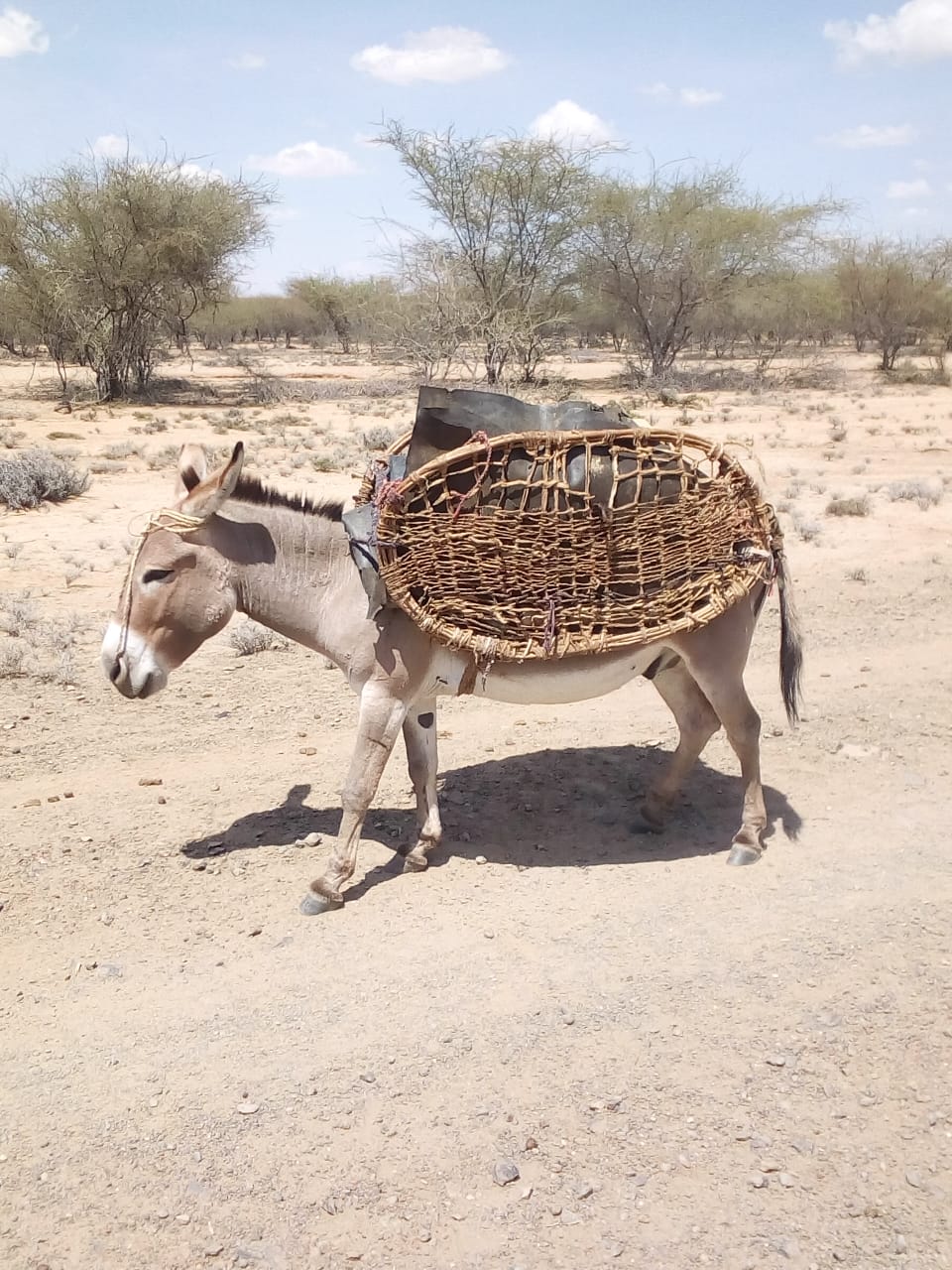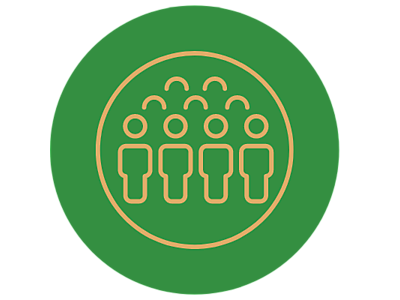The National Donkey Day 2021 Celebrations - Donkeys for Prosperity & Resilience Amidst Adversity
Posted by Leah Gitau on 18 May 2021 10:50 AM CAT


Celebrated every May 17 each year, the National Donkey Day aims to recognize the contribution donkeys make, to the national and rural economy across Kenya. It brings together animal welfare organizations from all over the country who lobby for proper animal welfare as that is what defines an animal’s well-being. The theme of this year’s National Donkey Day was ‘Donkeys for Prosperity & resilience Amidst Adversity’. This was meant to show case the role that donkeys play in supporting livelihoods, despite facing a myriad of challenges.

Some of the benefits that donkeys offer to humans include; transportation of farm produce from the farm to the market, ploughing, ferrying water from the sources to households, moving from place to place among pastoralists, carrying the sick and elderly for long distances, dowry payment in pastoralist societies etc. In the Turkana community, donkey milk is used to treat diseases such as Tuberculosis. Donkey meat is also a delicacy in this community.
This year’s celebrations came at a period where both the donkey owners and donkey welfare organizations are airing their plights against commercial slaughter, after a court ruling that was delivered recently, allowing the four donkey abattoirs in Kenya to resume commercial slaughter of donkeys, posing a great threat to livelihoods of communities who depend on them, as well as a threat to the already diminishing donkey populations.
The Government of Kenya gazetted donkey meat as food in the year 1999, with the aim of curbing bush slaughter and improving food safety. This was later followed by the licensing and establishment of donkey four export slaughter houses in the country. These include; Mogotio in Baringo, Star Brilliant in Nakuru, Silzha in Turkana and and Kithyoko in Machakos counties.
Since their establishment, the donkey populations have been diminishing due to the high demand for donkey skins for export in Chinese markets, for making of a traditional medicine called ejiao. This has further triggered donkey theft and slaughter among donkey ownig communities, bringing about devastating effects on they who depend on donkeys for livelihoods.
Issues Facing the Donkeys
In their day to day work, donkeys face a myriad of issues other than the commercial slaughter. Such include;
· Malnutrition: Malnutrition occurs when the donkeys lack food and water due to the drought that often strikes the Turkana region. They end up being underweight and malnourished.
· Dehydration is very common especially during the dry seasons for reasons such as not having enough to drink while working or resting.
- Disease and injury. Such include lameness - being unable to walk normally and having pain in their limbs, infection by parasites inside or on their bodies and body wounds on their bodies.
- Harsh Environmental Conditions. Donkeys carry heavy loads before their body can cope with the weight, accompanied by heat stress which can lead to death if left untreated. They are also overworked and end up experiencing extreme fatigue and susceptibility to infections.
- Behavior problems and restrictions. Donkeys at times have bad experiences with humans or something in their surroundings.
- Restricted movement. They at times feel uncomfortable or not being able to move freely.
· Poor management practices. Such include bad housing conditions of having no shelter or shade or being tied badly by their legs and harmful practices of being subjected to traditional treatment, mutilation or being abandoned after work.
Efforts of Animal Welfare Champions in Addressing these Challenges
On the #NationalDonkeyDay2021 animal welfare champions came together in a bid to address the challenges that face donkeys, in an effort to improving their well-being. May set up clinics that brought together donkey owners, as well as the animal health services providers. Activities around this day and such included;
i. Sensitization of the community on proper donkey welfare practices such as proper feeding, watering and taking care of the five animal freedoms.
ii. Training the community on proper donkey handling practices i.e. use of friendly harnessing so as to reduce pain on the donkeys’ backs.
iii. Deworming the donkeys to prevent attack by diseases.
iv. Administering pour on Accaricides to prevent heavy tick infestation.
v. Administering wound spray antibiotics to prevent foot rot in donkeys.
vi. Administering Sulphur based drugs to prevent gastrointestinal conditions.
vii. Administering multivitamin injections to help resuscitate the improvement of the donkeys’ body conditions.
viii. Farriery clinics to prevent injuries.
The Future of Donkeys
There is need to come up with a regulatory framework that will favor donkeys and ensure that their welfare is upheld sustainably.
Having recognized that donkey theft and slaughter is one of the biggest challenges that face the donkey owning communities, depriving them of their livelihoods, it is crucial for the decision makers to make rulings that favor the donkey owners, so as to also safeguard donkey populations.
According to a research that was conducted by the Kenya Agricultural and Livestock Research Organization(KALRO), in the year 2019, so far, 301,977 donkeys were slaughtered in three years (2016-2018) by the four slaughter houses. Of those slaughtered, 38% were female and 10% were pregnant. This not only worsens the situation in terms of the donkeys not being able to reproduce but also poses the risk of donkey extinction.

